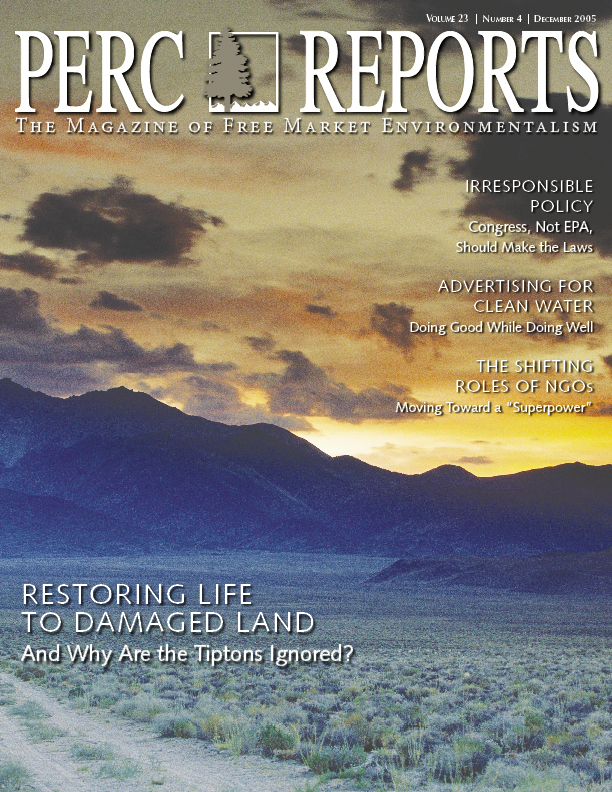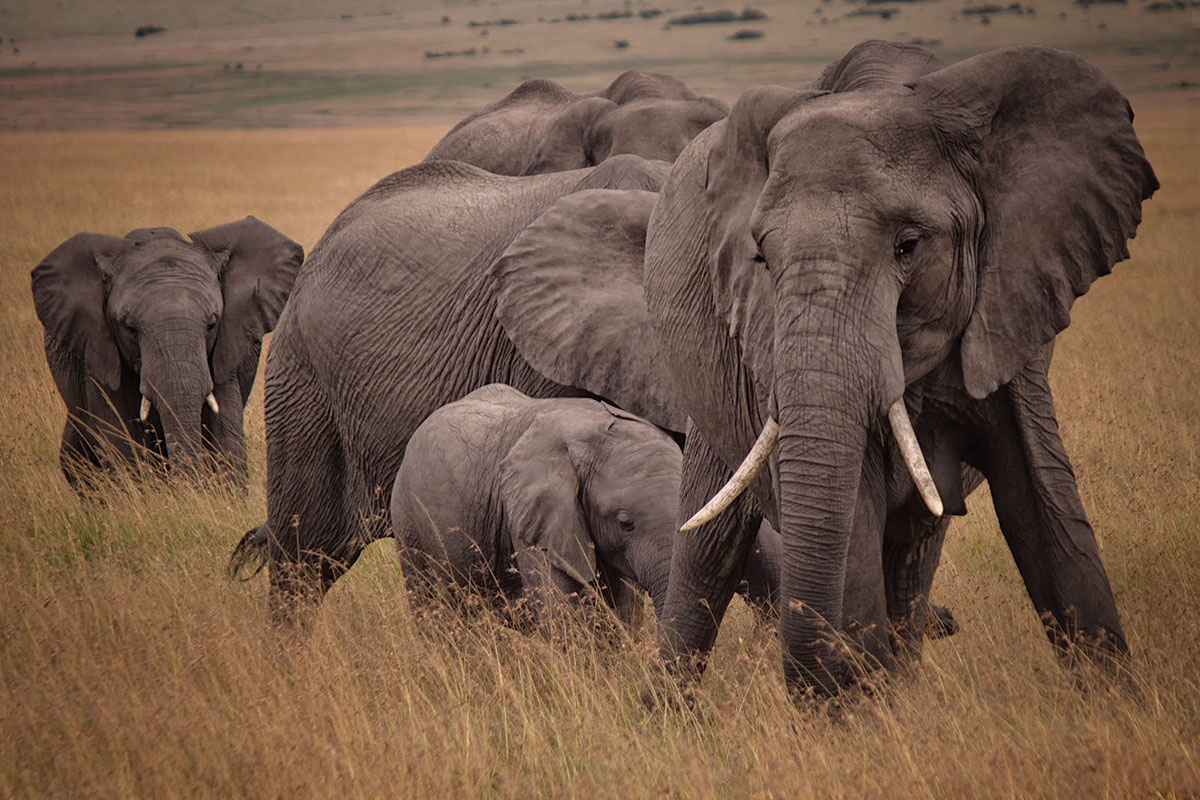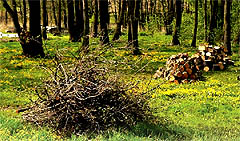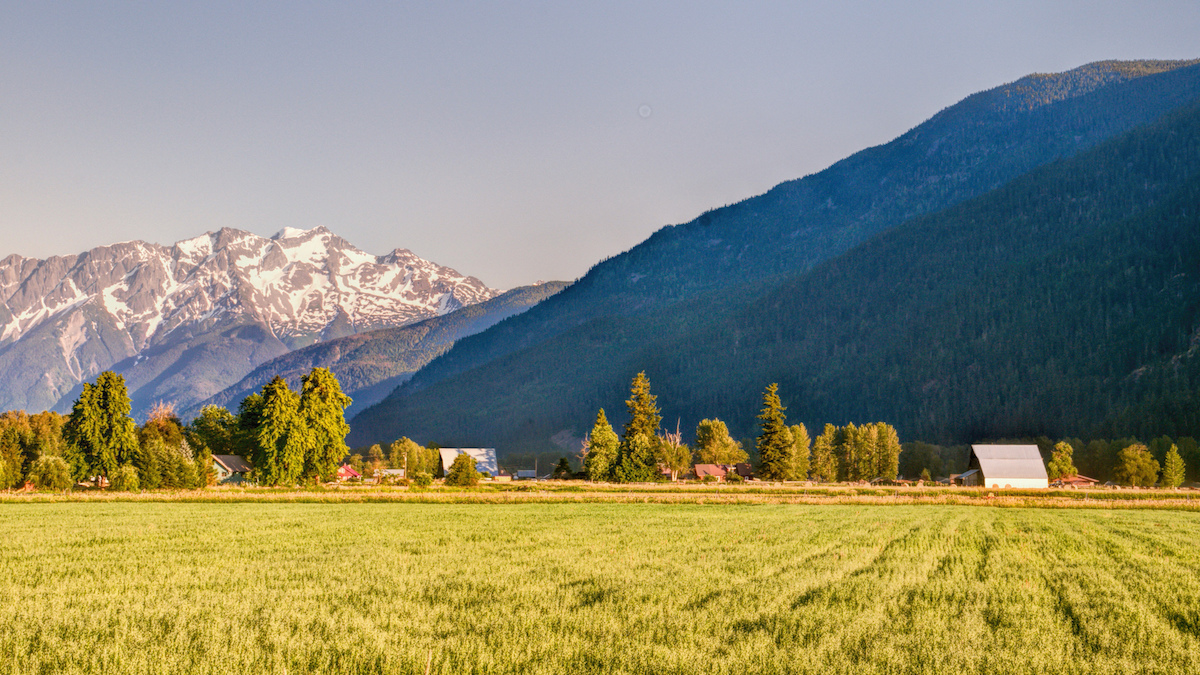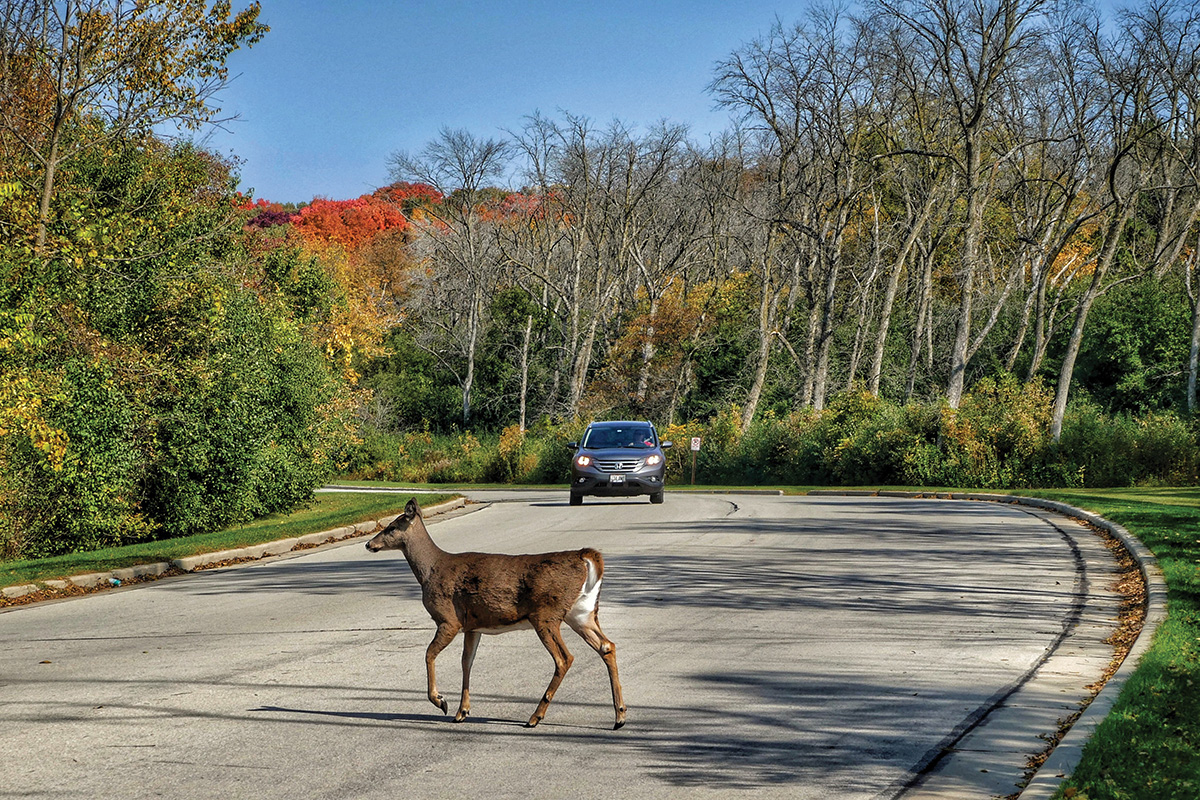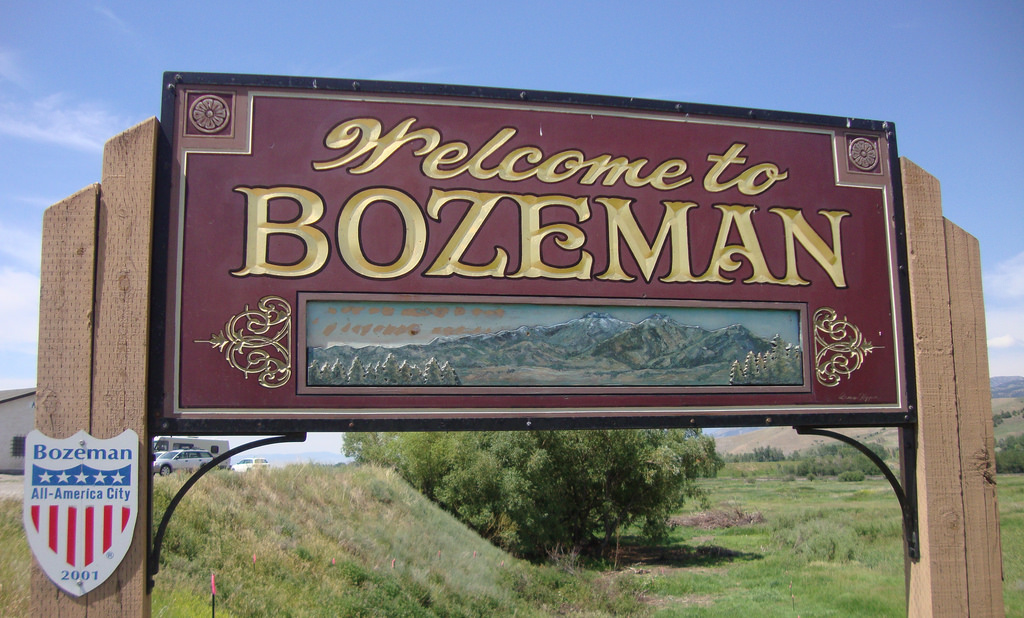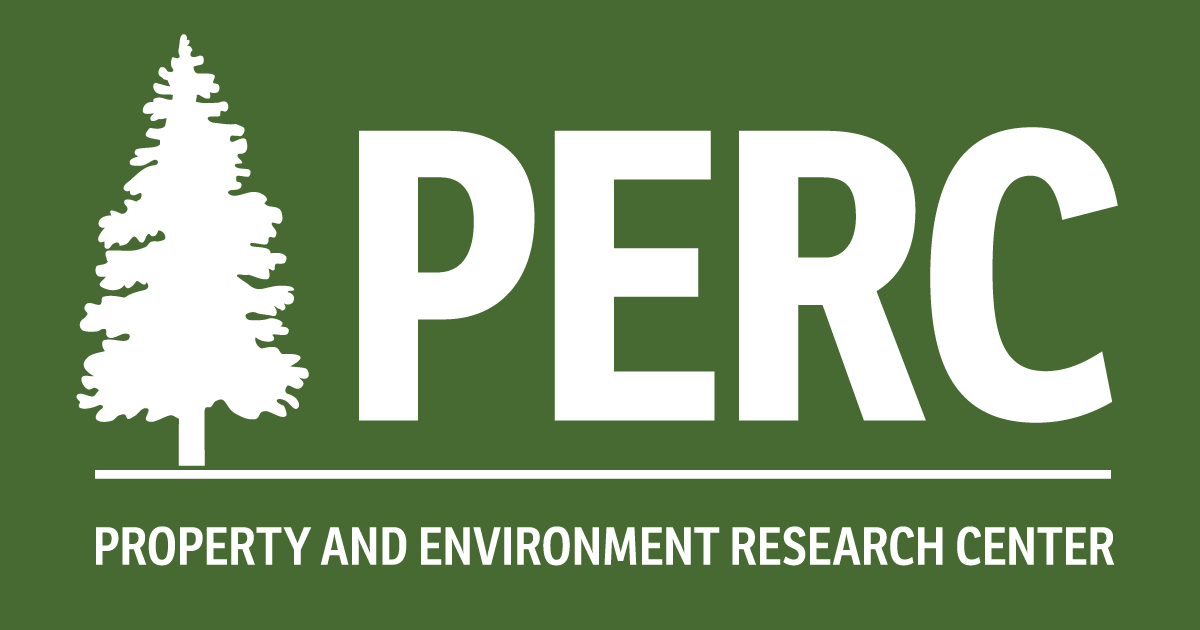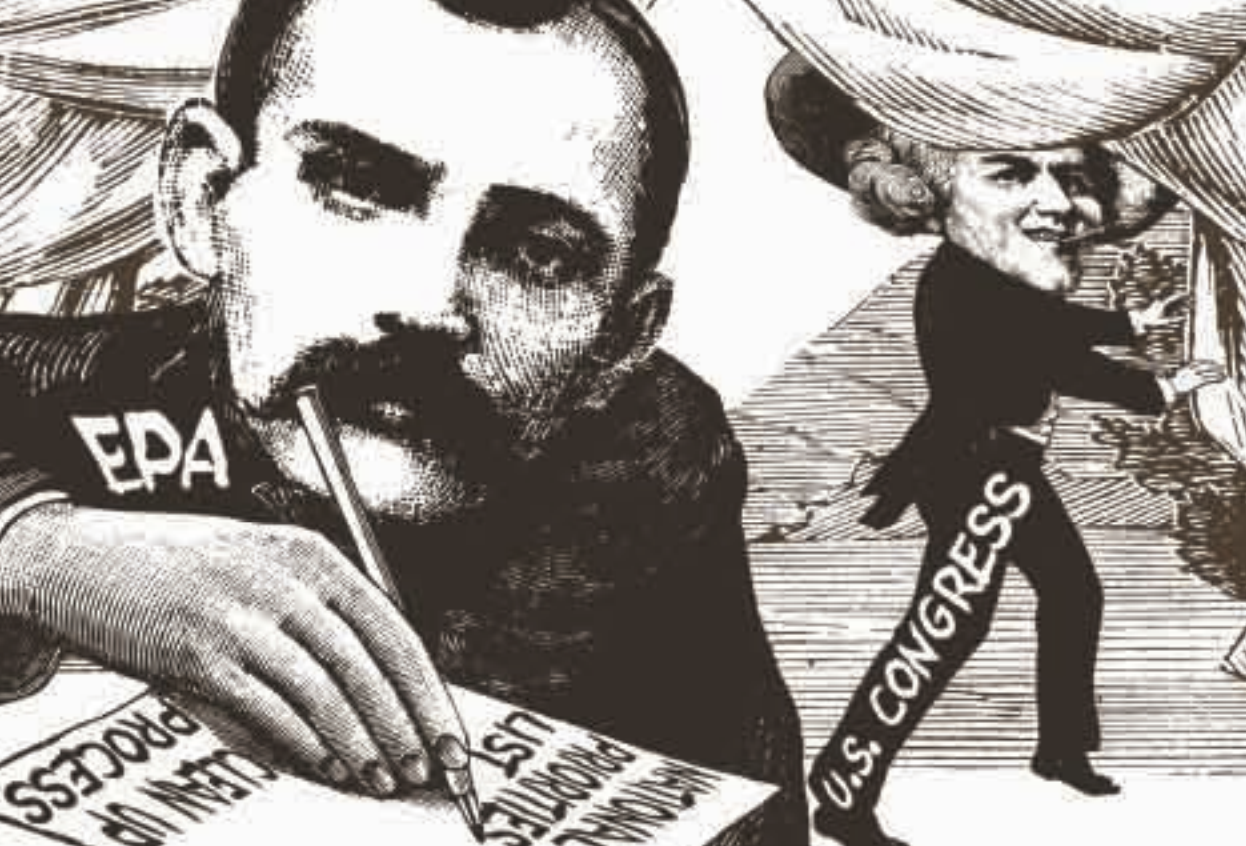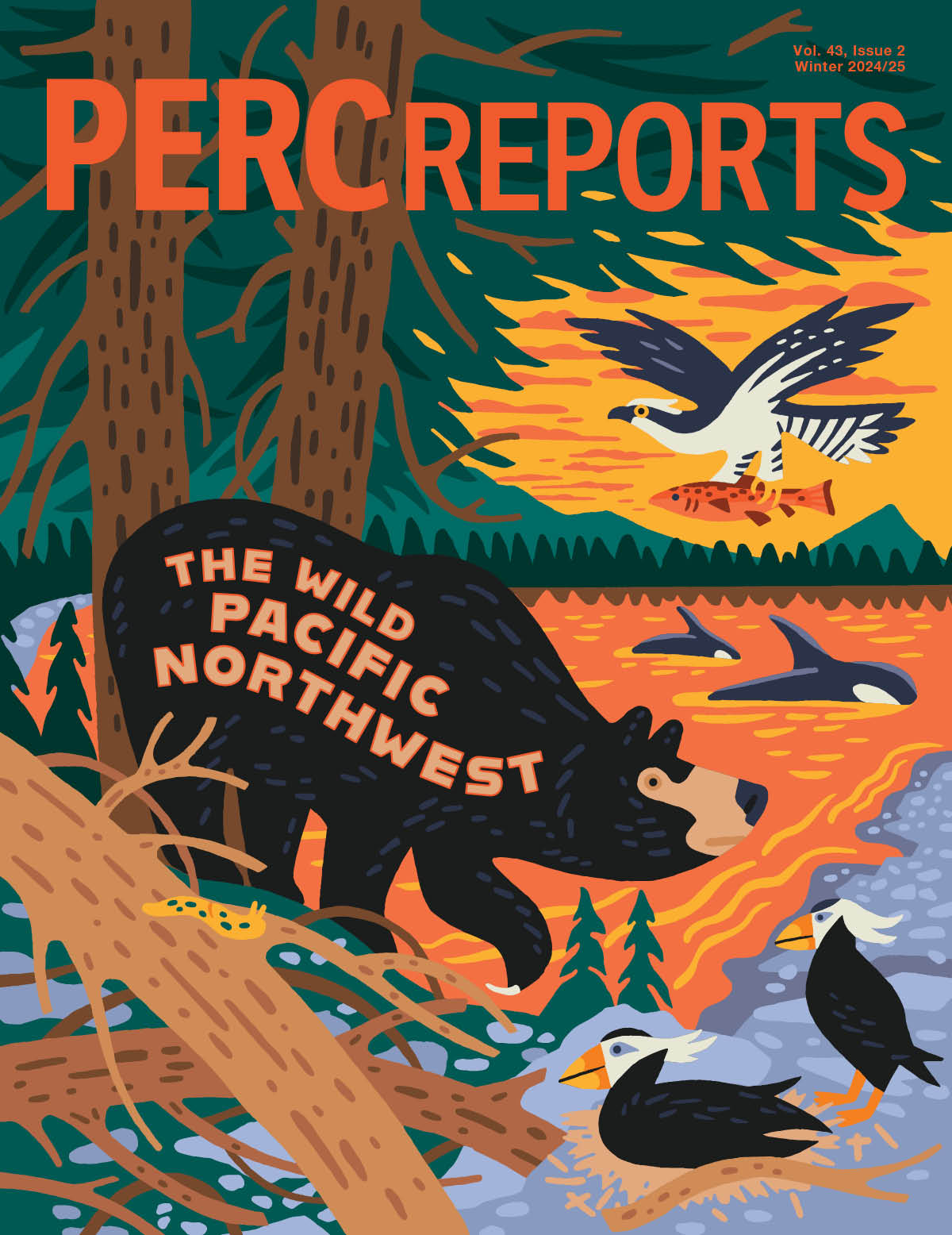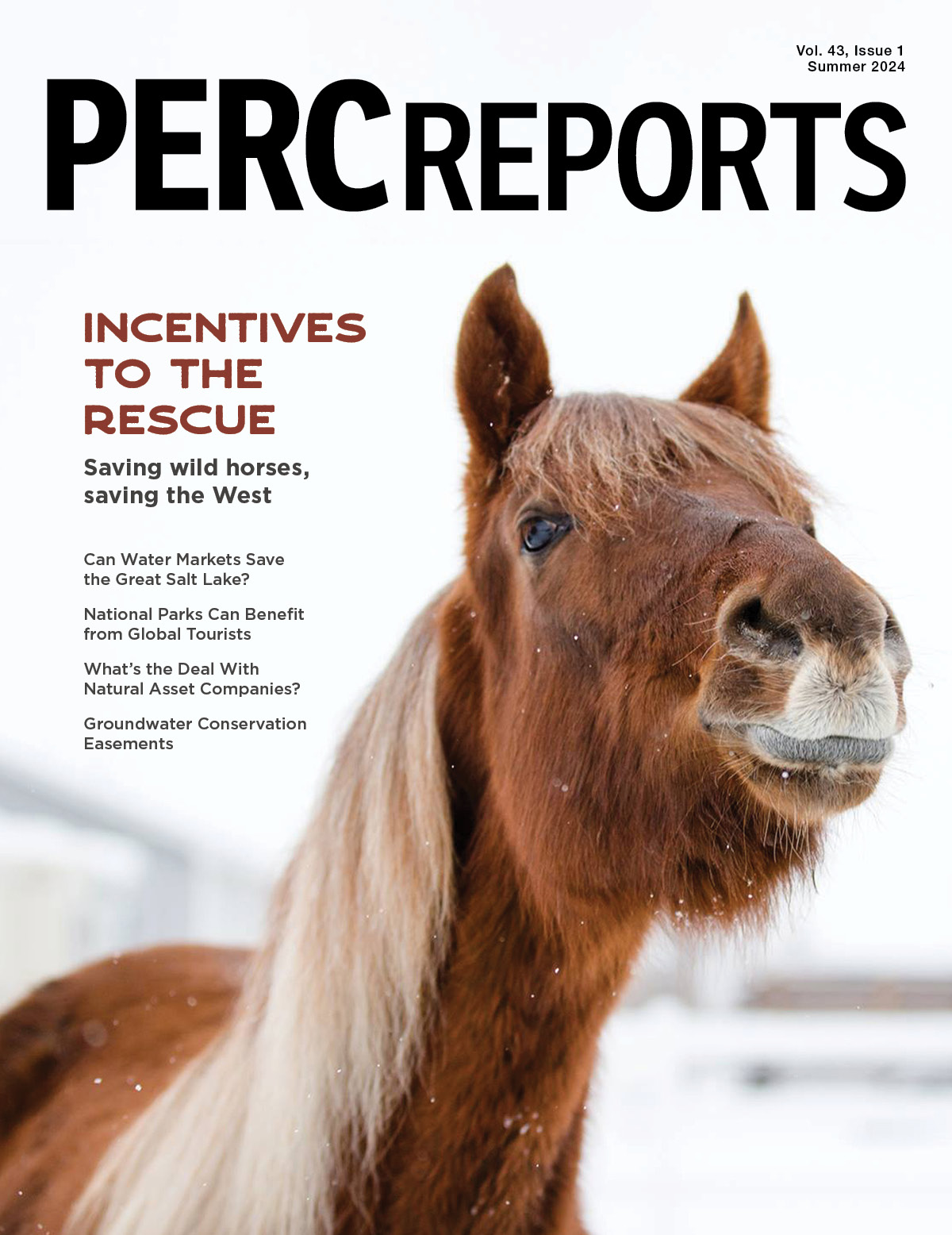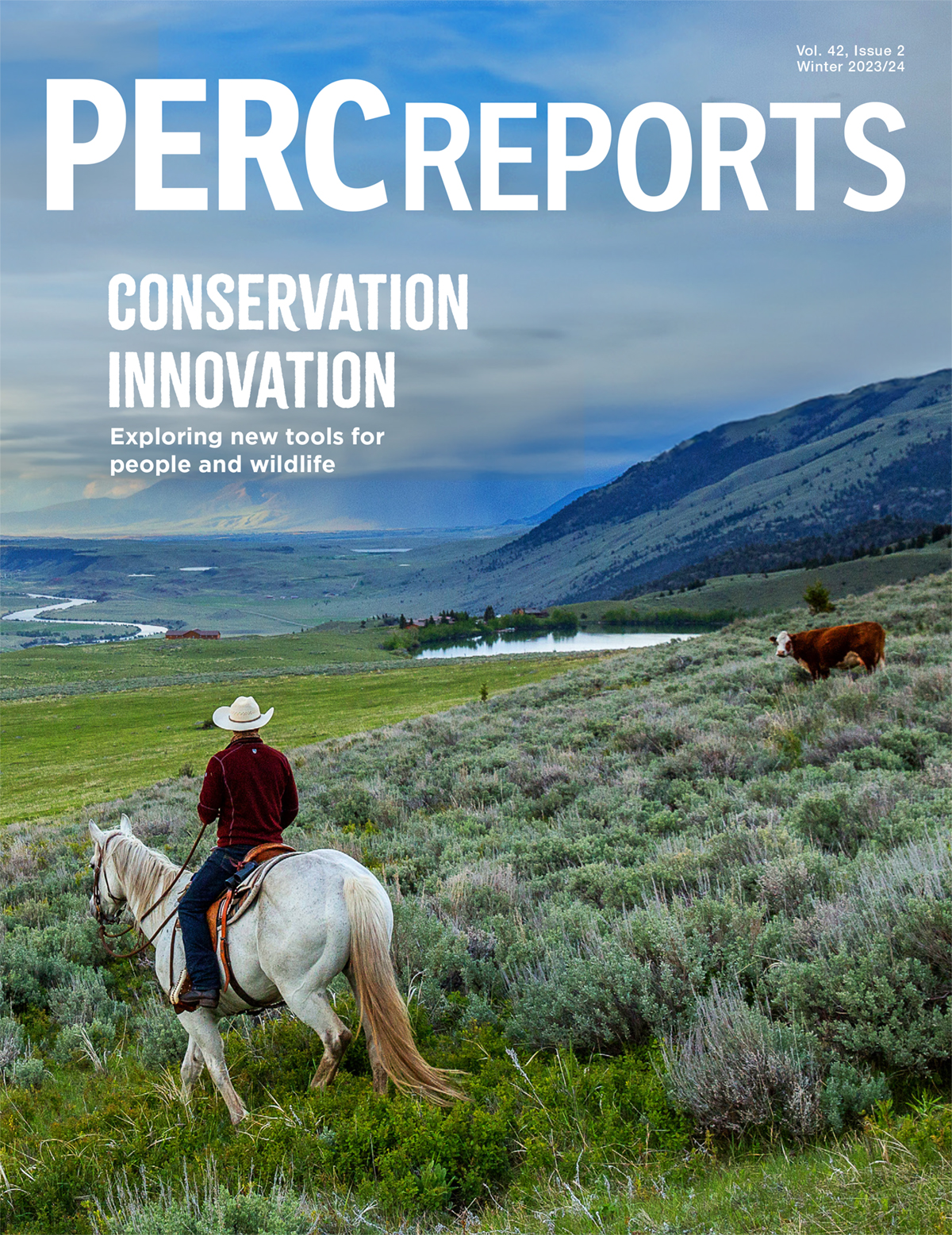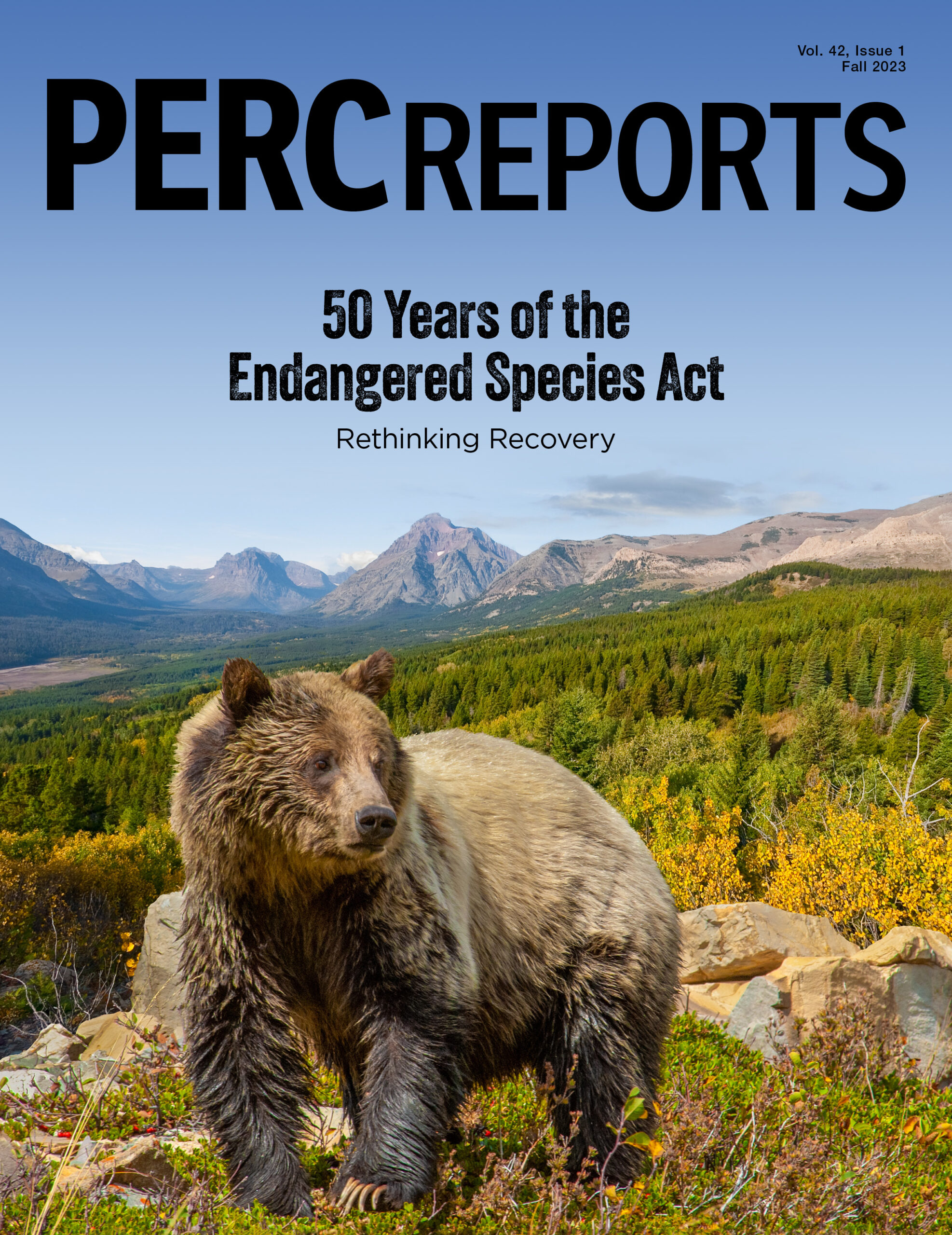
The Shifting Roles of NGOs
Nongovernmental organizations (NGOs) used to be gadflies and outsiders challenging businesses and governments (think Greenpeace and Public Citizen, for example). Today, however, NGOs are moving in new directions. Some, for example, are acting increasingly like government agencies, issuing a new generation of de facto regulations in the form of standards, guidelines, and certifications. OthersContinue reading "Open Access:"
Read more